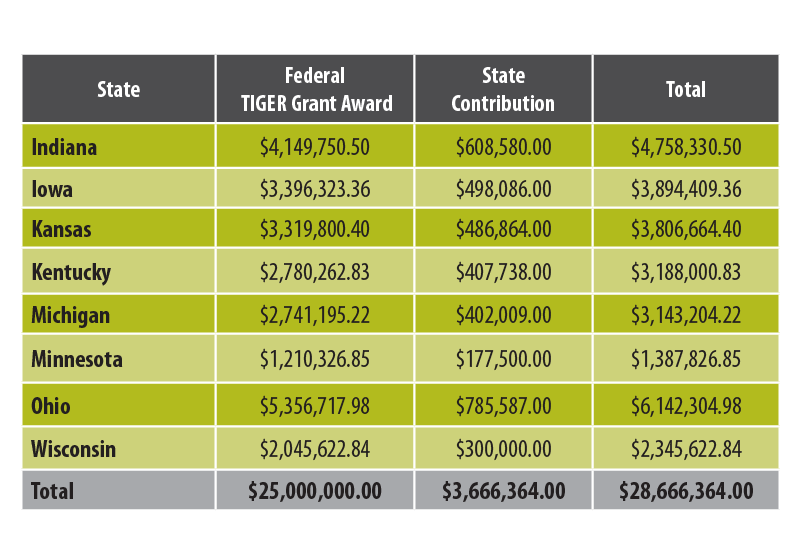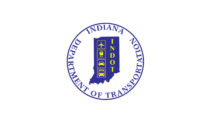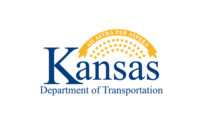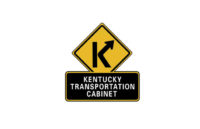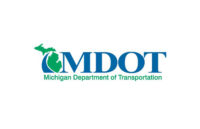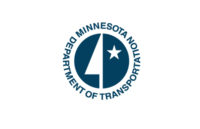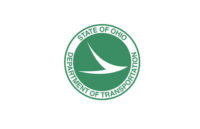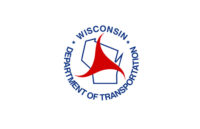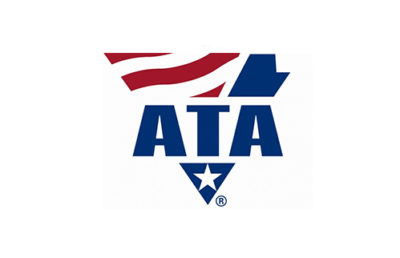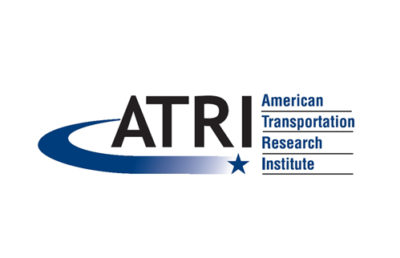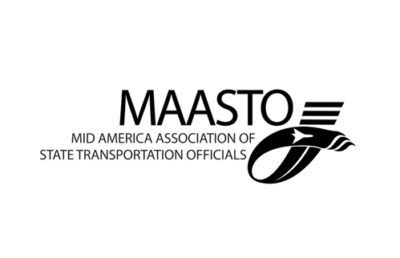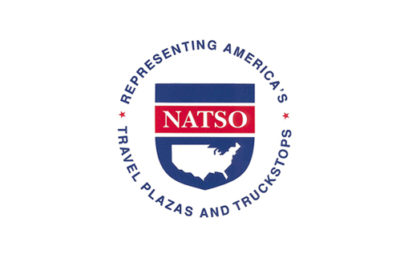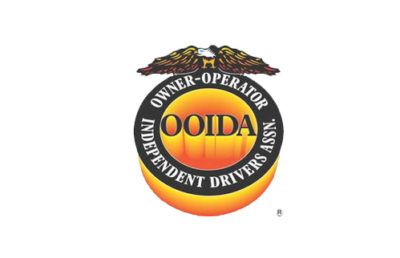Summary
The MAASTO Regional Truck Parking Information Management System (TPIMS) will reduce the time commercial truck drivers spend searching for safe, convenient parking along major freight corridors in Indiana, Iowa, Kansas, Kentucky, Michigan, Minnesota, Ohio and Wisconsin.* By using TPIMS, drivers can monitor parking availability and make better-informed parking decisions as they near the limit of the their federally mandated hours of service. When the system is fully operational in January 2019, drivers will be better able to make routing and parking decisions through parking availability information provided to them through TPIMS-related dynamic messaging signs, mobile device applications and traveler information websites. Use the navigation bar above or scroll down this page to learn more about the project, its background and its progress.
*The TPIMS partner states are eight of the 10 states that comprise the Mid America Association of State Transportation Officials (MAASTO).
Corridors for Deployment
The MAASTO Truck Parking Information Management System will be truly regional. Truck drivers, dispatchers and others will see a consistent, cohesive parking-availability system as they cross state lines. However, each state also will have the flexibility to integrate proposed solutions into their existing transportation information systems.
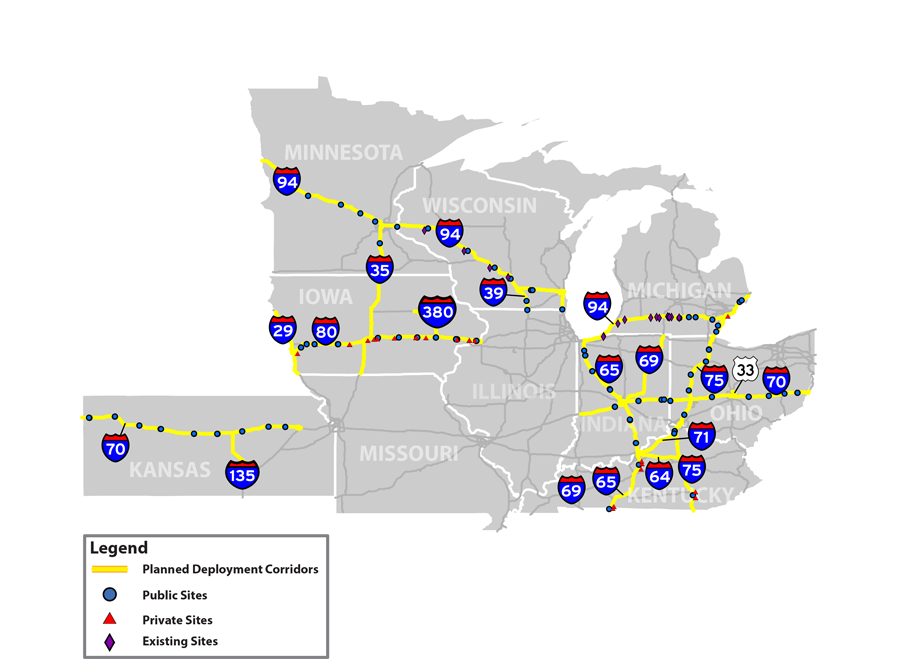
Project Benefits
The Regional TPIMS System is projected to generate more than $403 million in benefits through the life of the project. Better parking information will mean fewer non-routine maintenance repairs on highway shoulders and ramps due to illegal parking. The system will also provide more efficient movement of goods, less fuel consumption and reduced emissions by reducing time truck drivers spend looking for parking.
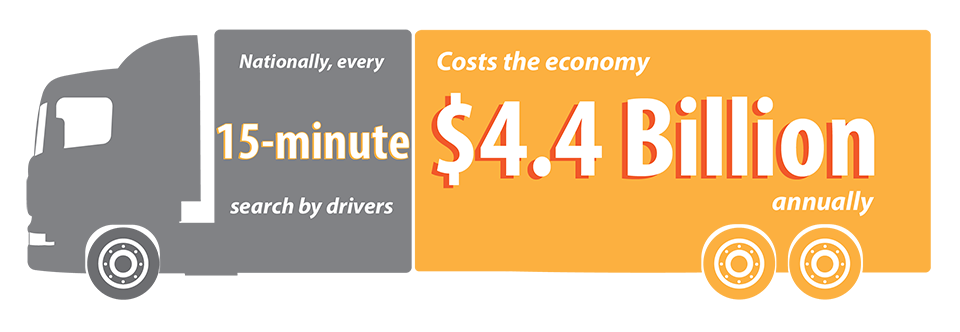
The search by commercial truck drivers for safe, convenient parking annually costs the country $4.4 billion and increases CO2 emissions by 3.3 million tons.
Project Funding
The project has a total estimated capital cost of $28.6 million (in 2015 dollars). It is funded through a $25 million Federal TIGER grant and state funds as shown in the table below. The multi-state collaboration will provide cost efficiencies and innovations in design, procurement and deployment across the MAASTO region.
